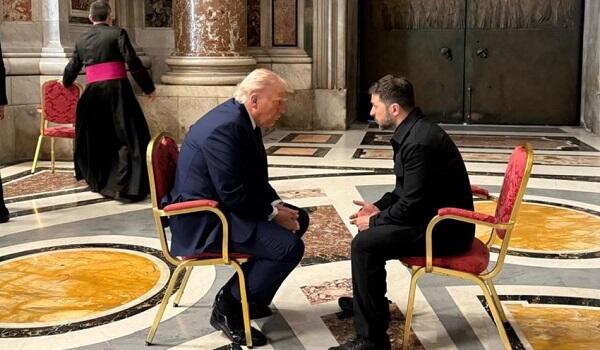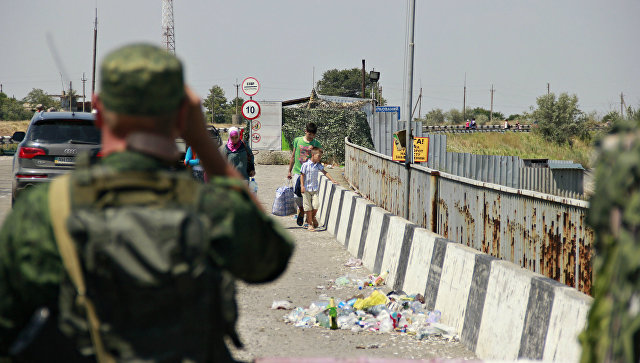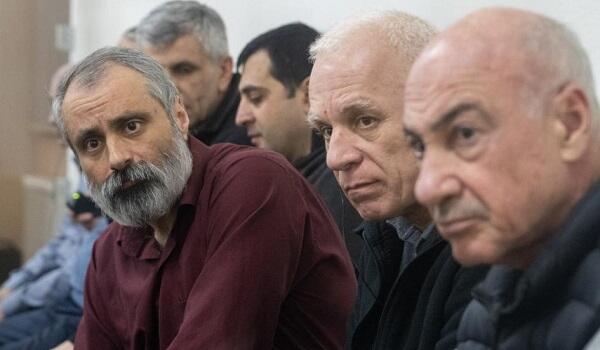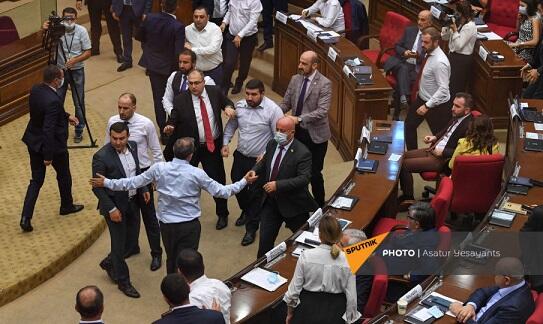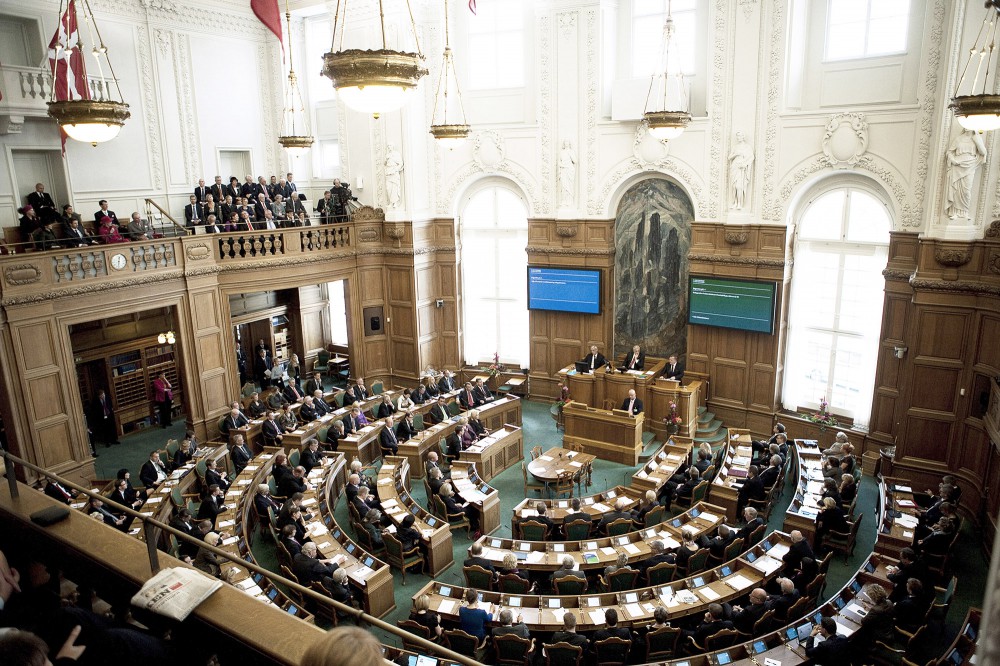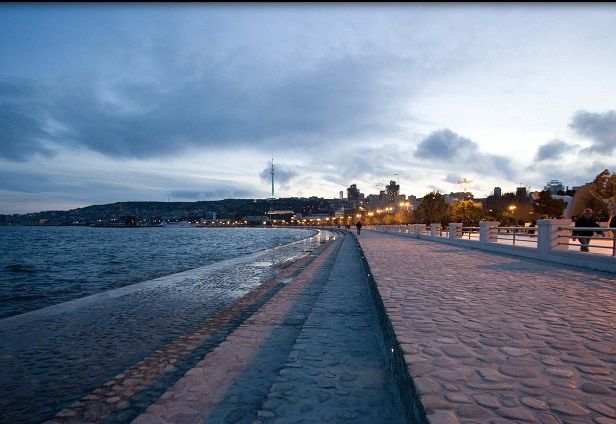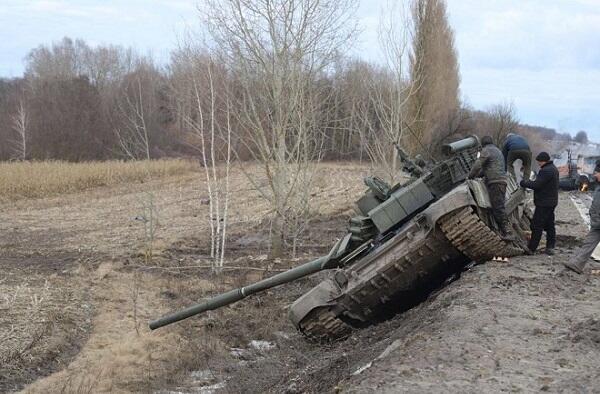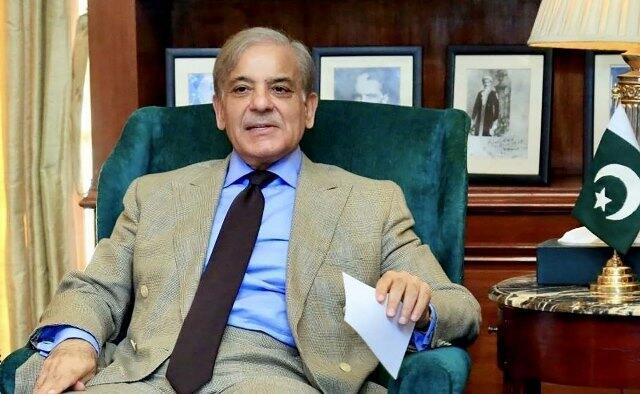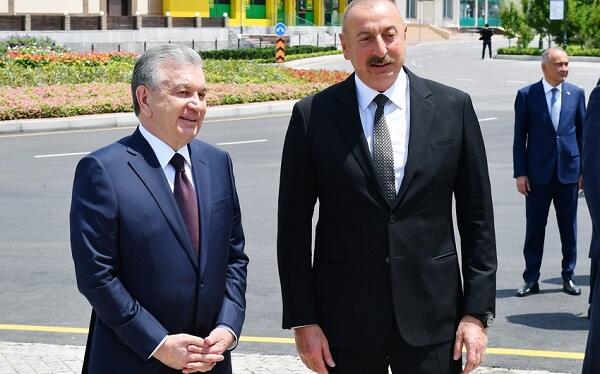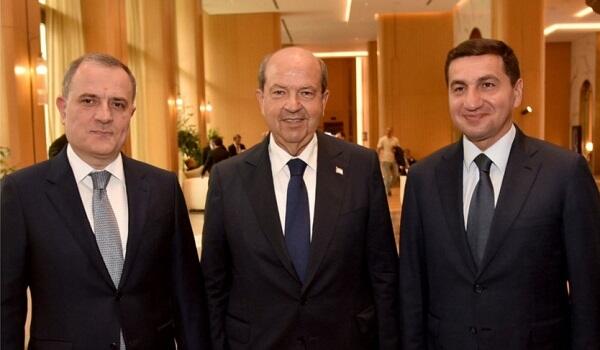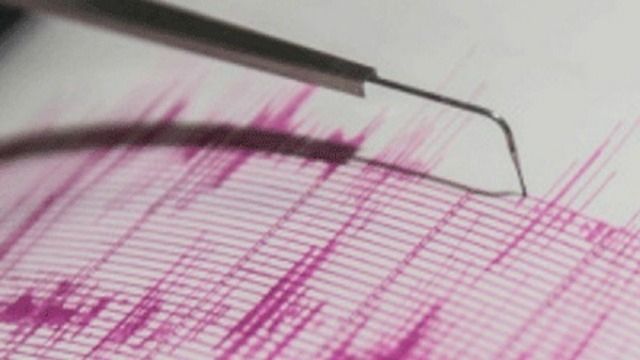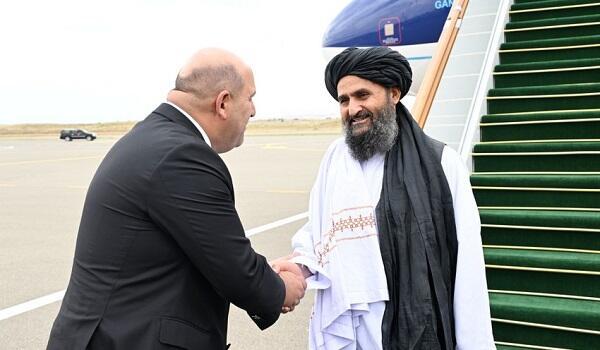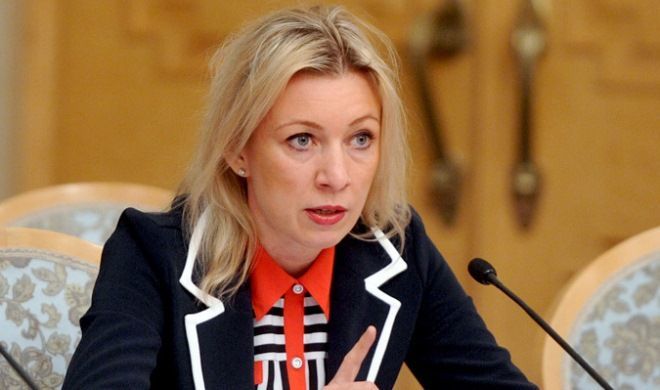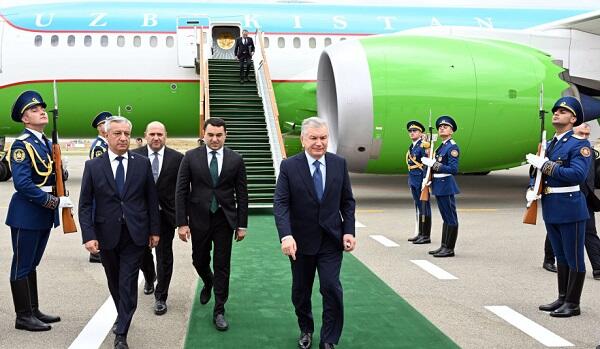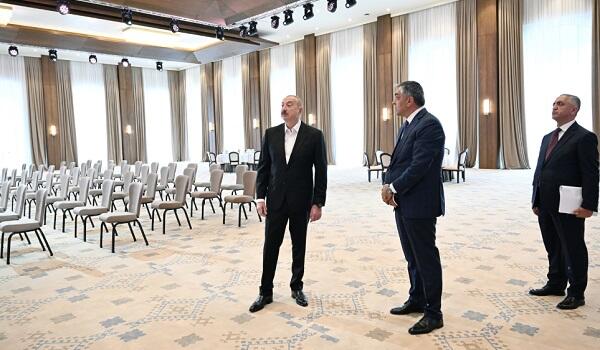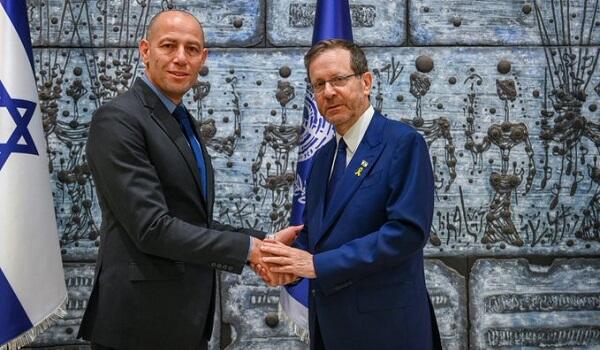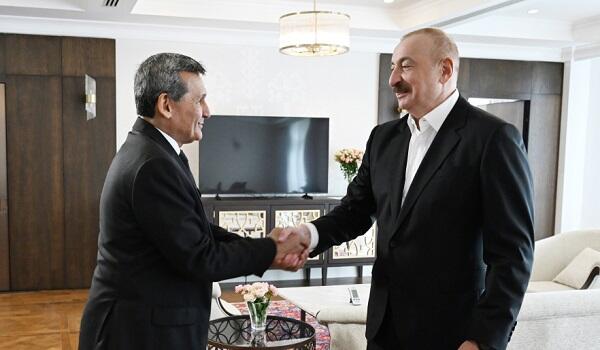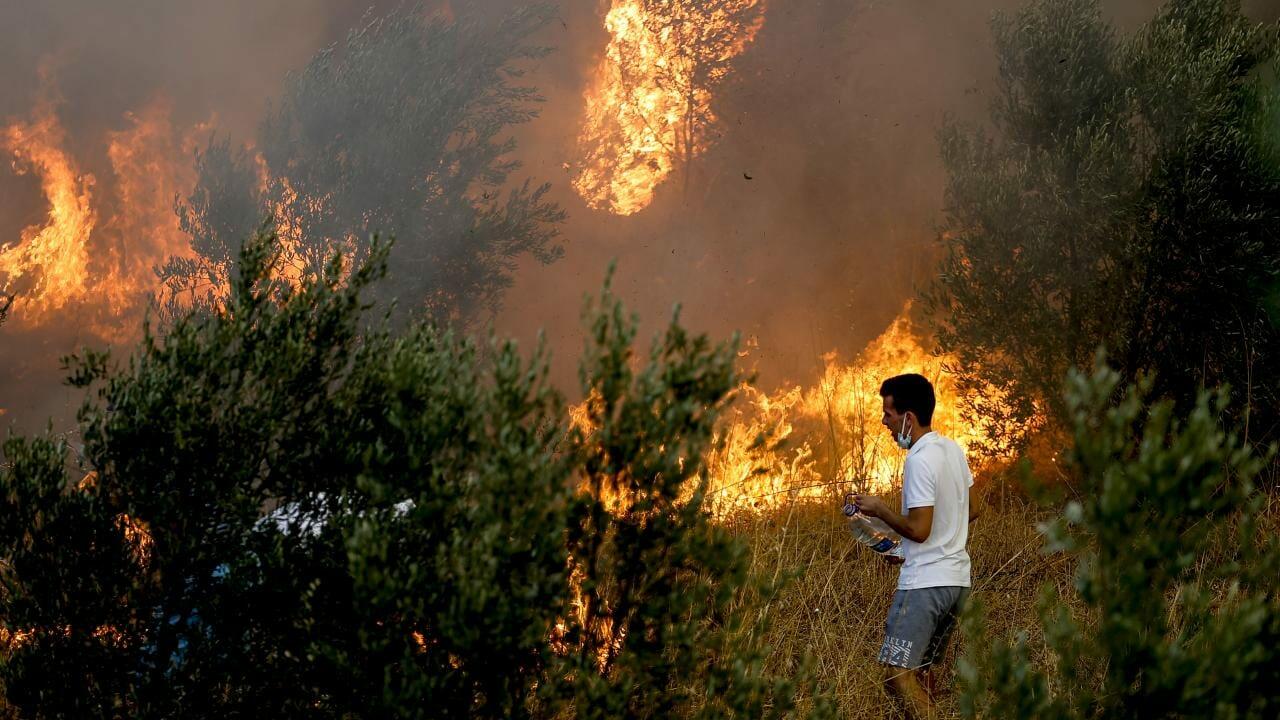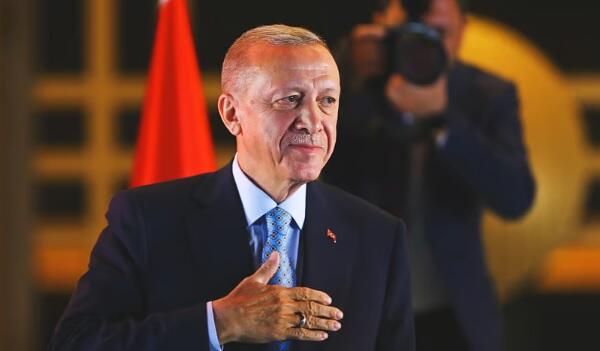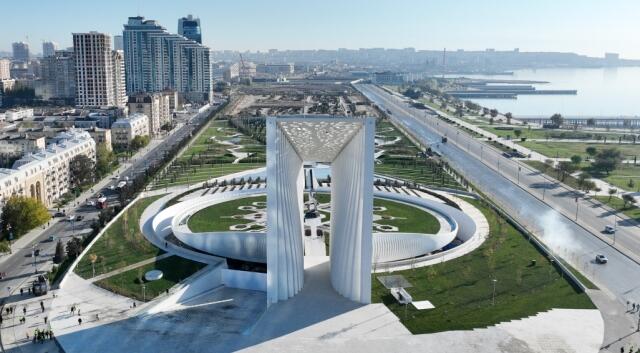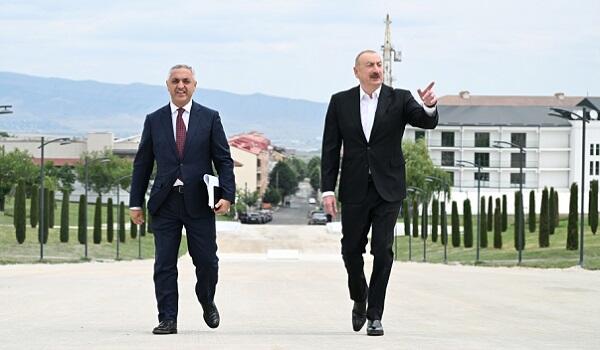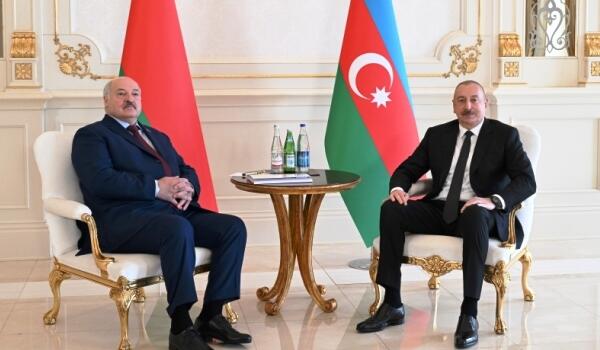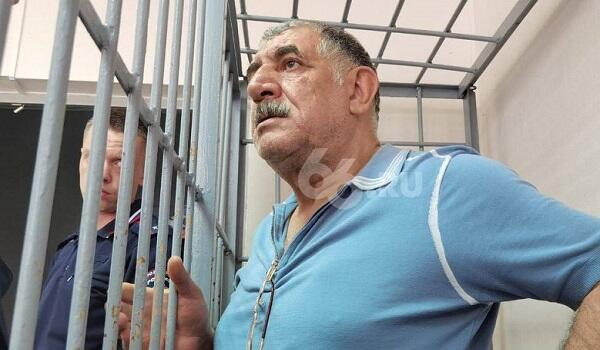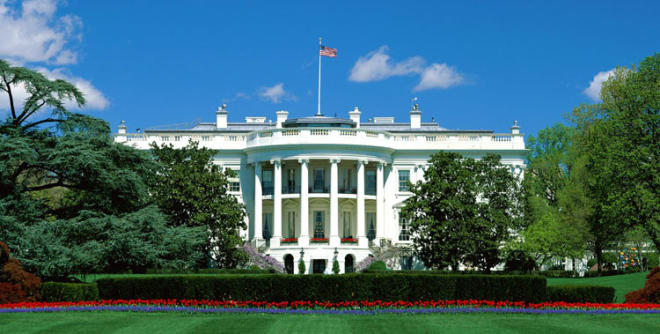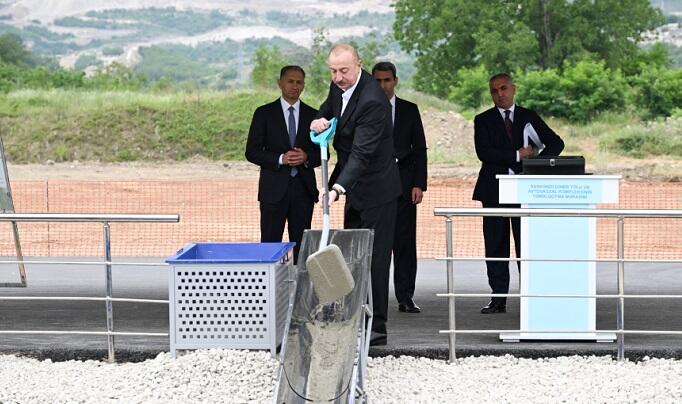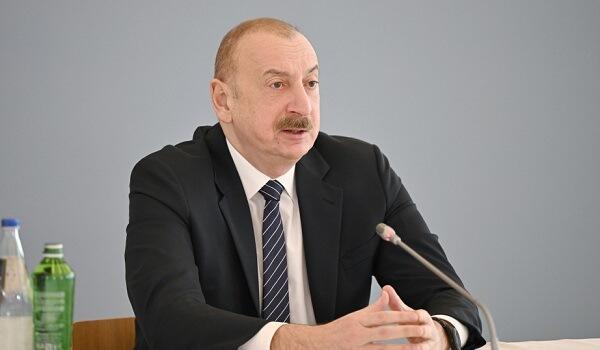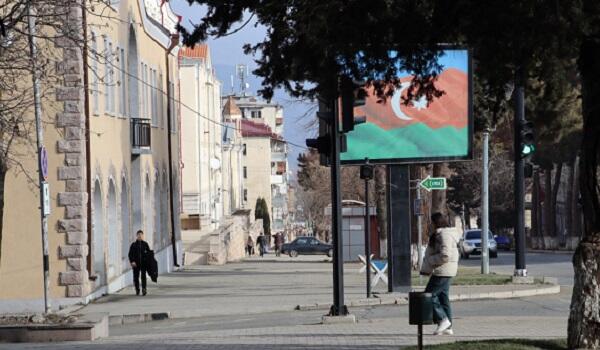First, regarding our position on the war between Russia and Ukraine, we always supported, support and will continue to support Ukraine's territorial integrity and sovereignty. As a country that has suffered from occupation and the deterioration of our territorial integrity, we fully understand this situation. Anyone you ask will say, "We want the war to stop immediately." Yes, we also want that. However, the key question is how, and whether this ceasefire—or potential temporary ceasefire—will be sustainable.
Axar.az reports this was stated by President Ilham Aliyev at the "Facing the New World Order" forum held at ADA.
"As a country, which had two active wars, and period in between, I can tell you that ceasefire never stops war. Never, and it didn't stop in our case. It's just a temporary relief for countries to regroup, to mobilize, and to start again. Second, what ceasefire means? It's also important, because these terms are very important for those who want to help war to stop, to clearly understand what we're talking about. Everybody will say, I want war to stop. Yes, Let's applaud. So what? What does it mean to stop? Does it mean that there'll be no artillery, there'll be no air bombs, there'll be no sniper war, there'll be no sabotage group? What does it will mean? Line of contact between Russia and Ukrainian troops is much longer than ours. Yes, it is different today. In our case, the line of contact was very advantageous for Armenia because they had natural landscape, which protected them and actually helped to keep occupation. In addition, during the ceasefire period of 26 years, they built five, sometimes six, even more engineering lines - trenches, barbed wire, minefields. So, we have casualties from mines every week, including almost 400 people with more than 70 of them killed and others becoming severely wounded. So, when people talk about ceasefire in Ukraine or peace in Ukraine, do they understand how difficult it will be to control the troops? What is the level of discipline in Ukrainian Army and Russian Army? I don't know. Maybe I know, but I don't want to comment. The level of discipline in the Azerbaijani Army is well known. We stopped on the outskirts of Khankendi by a single order of the Commander-in-Chief. So, will that line of contact be safe and secure? Will those who want to mediate demand international peacekeepers along that line of contact? They demanded it from us throughout the years of occupation, one of the consolidated messages of the United States, Russia, and France was to bring so-called peacekeepers to the contact line. So what did it mean? It meant that they wanted us to agree to the occupation. If peacekeeper comes to the contact line, which is occupied, it means that you should say goodbye to your territory. No country, at least in my understanding, will agree to compromise on territorial integrity, and to expect Ukraine to agree that they will sacrifice their internationally recognized territory in exchange for peace is not fair and not realistic. I think it is not fair and it's not realistic, because one thing is to say good things — let's stop the war — and the second thing is to go a little bit deeper, and maybe ask those who have experienced war recently what kind of arrangements are needed to create sustainable peace. Since May 1994, when we had a ceasefire with Armenia, the war never stopped. There have been different clashes. There was April 2016, when we demonstrated to the Armenians that they should leave the territories. We did not want to enter into a large-scale military operation — that's why it lasted only three days. But we demonstrated to them that we can liberate territories, and we did liberate territories — small, but they did not learn the lesson. And then there were several more. The sniper war never stopped throughout those 26 years, and even now, you can see that a lot of shootings on our border are coming from Armenia, and if our forces shoot, they shoot only in response. Discipline in the Armenian army is very low. They recruited people who never served, or maybe served 30 years ago in the army — civilians, so-called paramilitary groups, veteran groups, and people who do not serve in the regular army, due to a lack of human resources in Armenia. All these questions, of course, are a big topic, so we can talk for hours about that, but without addressing this core issue, it will not work. I, personally — being a realist — do not see, in the foreseeable future, any prospect for peace between Ukraine and Russia. Russia has declared occupied territories as part of Russia. How can they step back from that? Ukraine considers, as the whole world does, these occupied territories as part of Ukraine, and Azerbaijan considers them as part of Ukraine. How can they sacrifice and say, "No, it's not part of Ukraine"? Well, if it happens, then it means that I do not understand something in international politics. And unfortunately, unfortunately, wars end when there is a final capitulation act. As our friend mentioned from Croatia, they liberated their territory, came to their border, and stopped. And we did the same. We came to our border and stopped. That's how wars end — this is the real world," the head of the state said.
